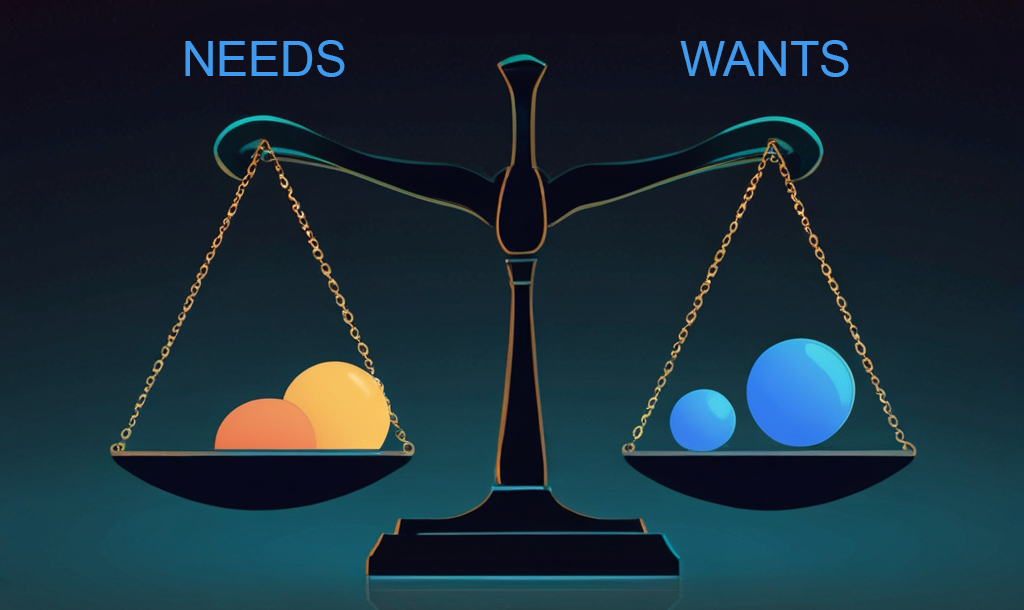Practical Tips for Managing Needs and Wants
1. Create a Budget: Start by listing all your monthly income and expenses. Categorize your expenses into needs (e.g., rent, utilities, groceries) and wants (e.g., dining out, entertainment). Allocate funds accordingly and stick to your budget.
2. Emergency Fund: Build an emergency fund with 3-6 months’ worth of living expenses. This provides a safety net in case of unexpected events like job loss or medical emergencies.
3. Automate Savings: Set up automatic transfers to your savings account. This ensures that you consistently save a portion of your income without having to think about it.
4. Debt Management: Prioritize paying off high-interest debt like credit cards. Once you’re debt-free, avoid accumulating new debt by living within your means.
5. Educate Yourself: Invest time in learning about personal finance. Read books, attend workshops, or take online courses to improve your financial literacy.
6. Set Financial Goals: Define short-term and long-term financial goals. Whether it’s buying a home, starting a business, or saving for retirement, having clear goals helps you stay focused and motivated.


